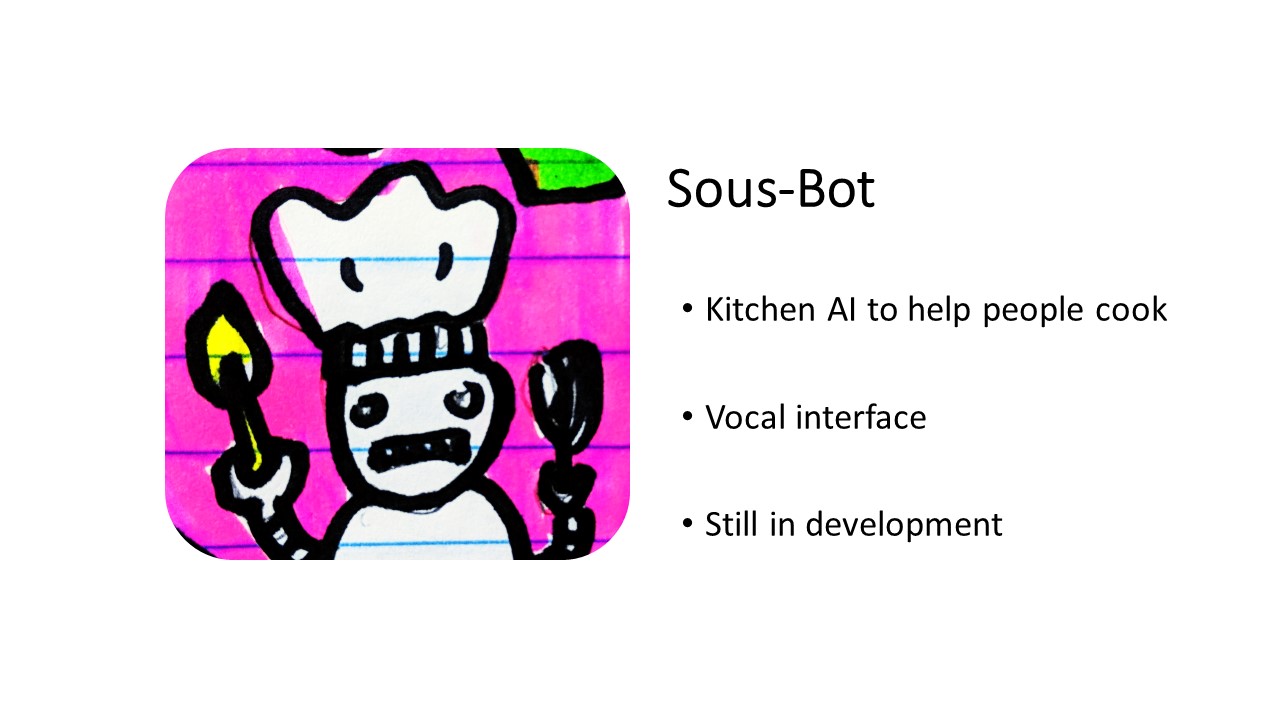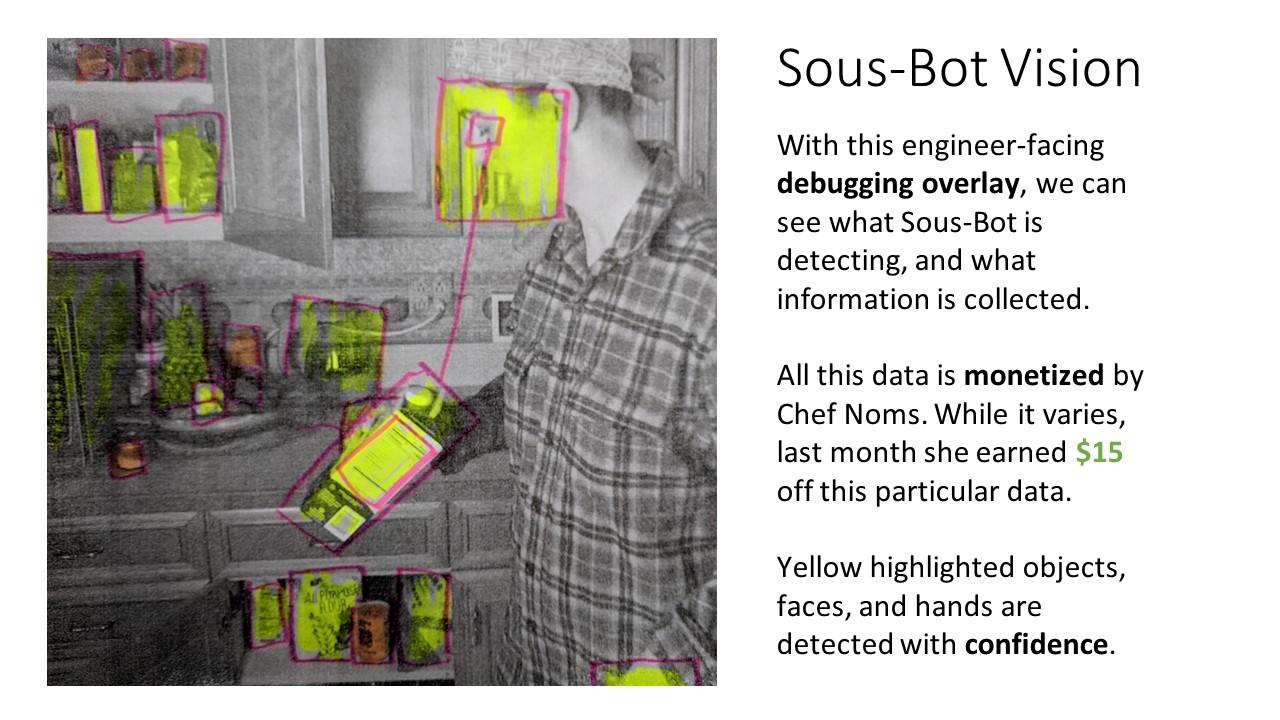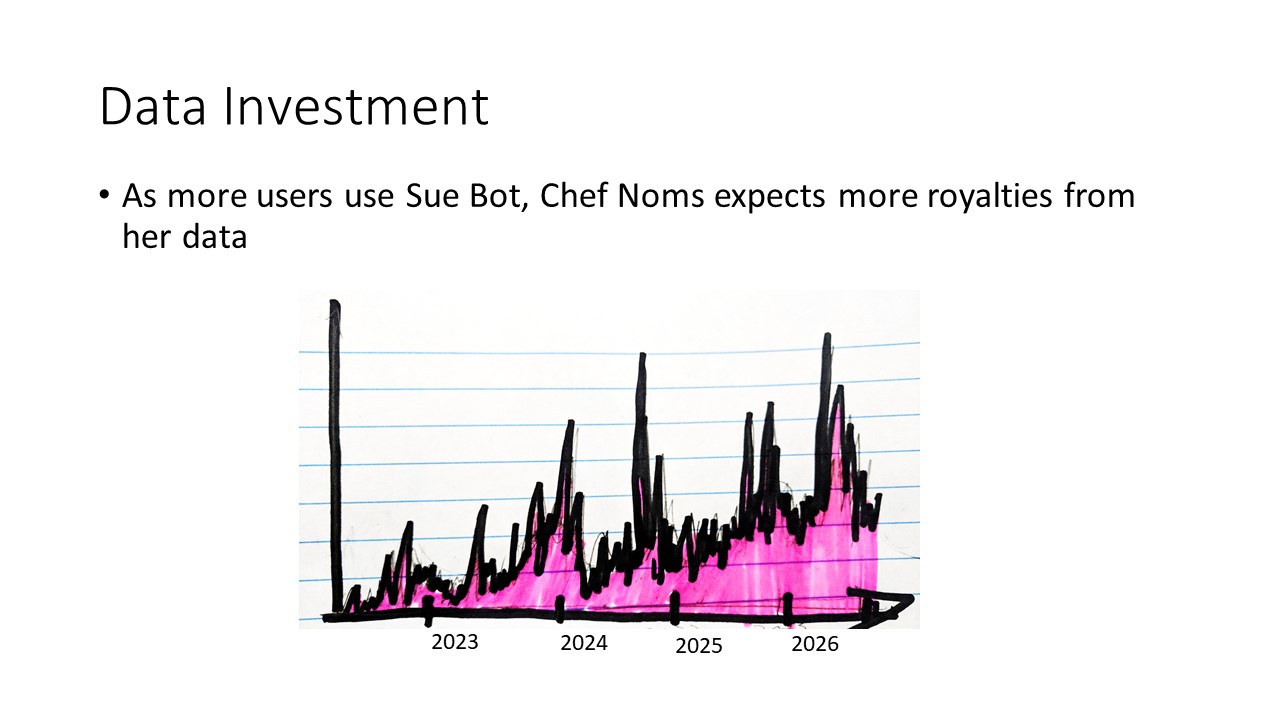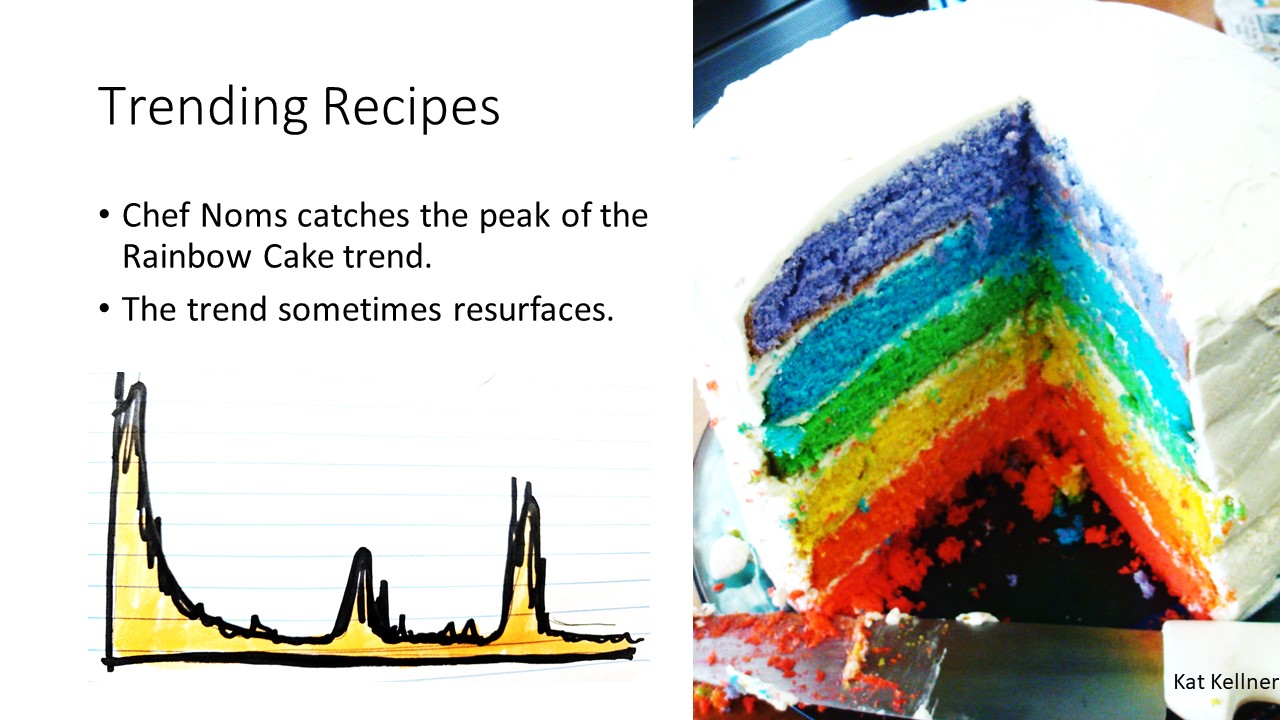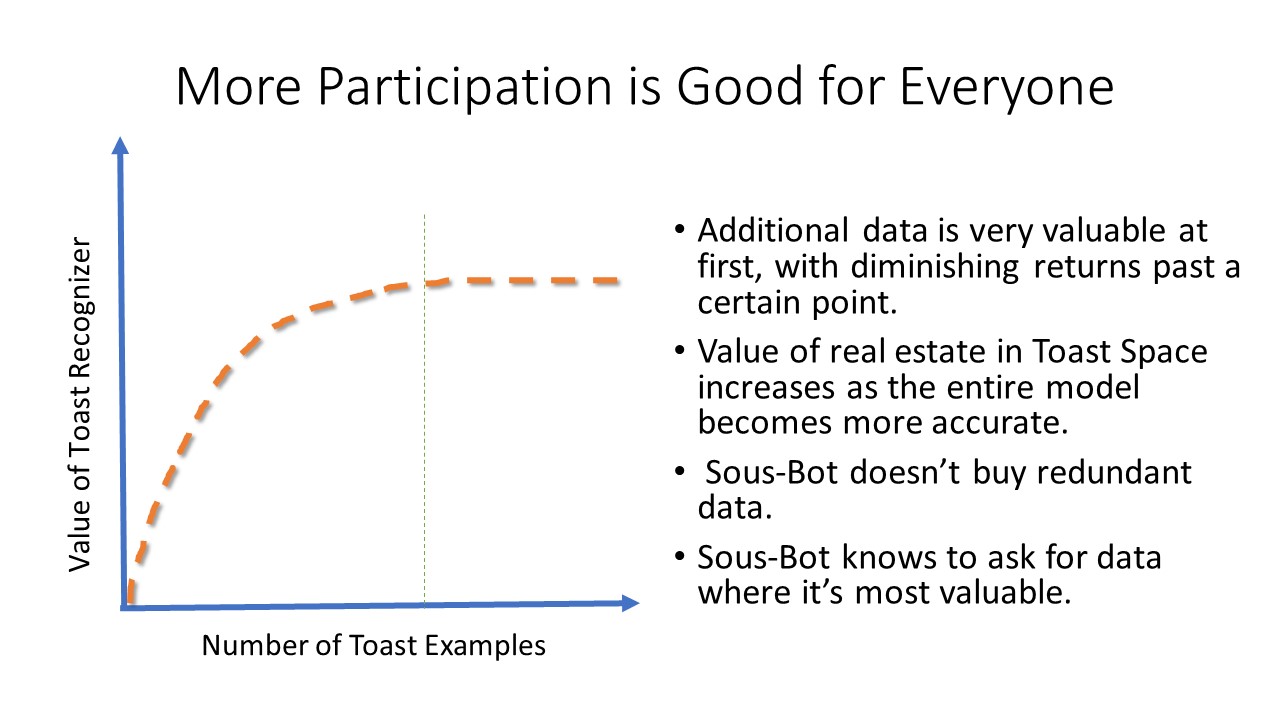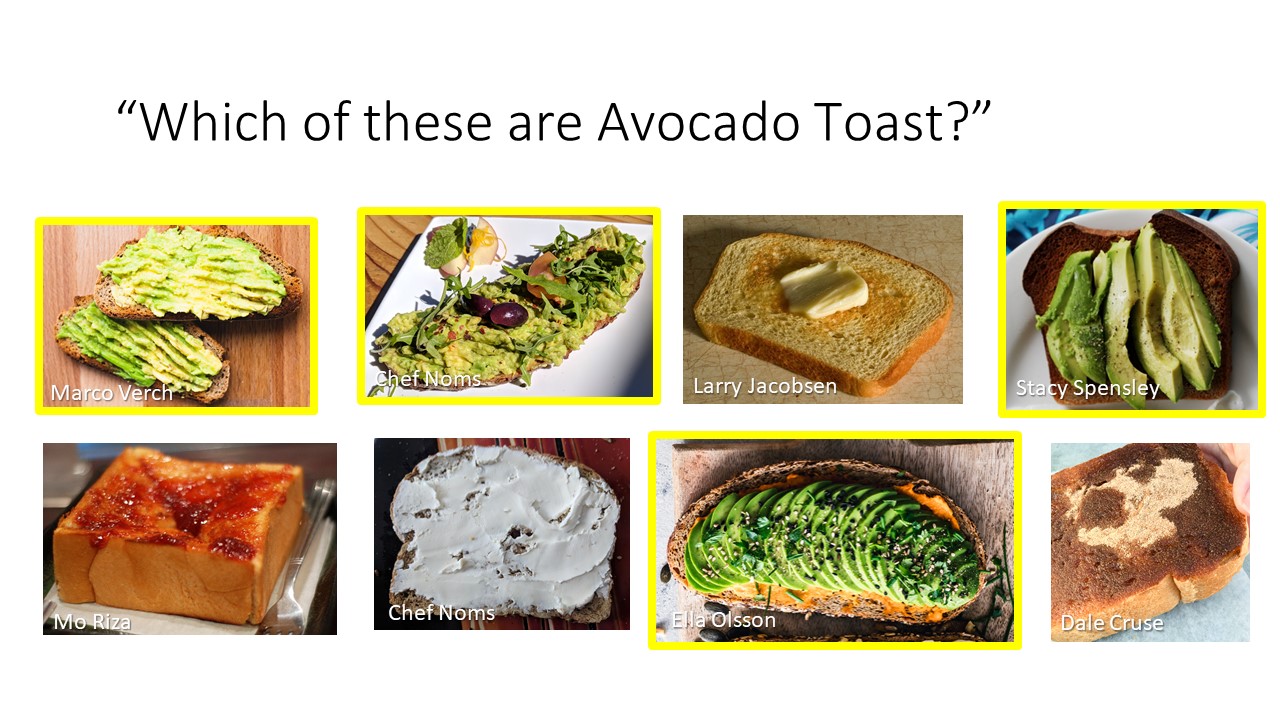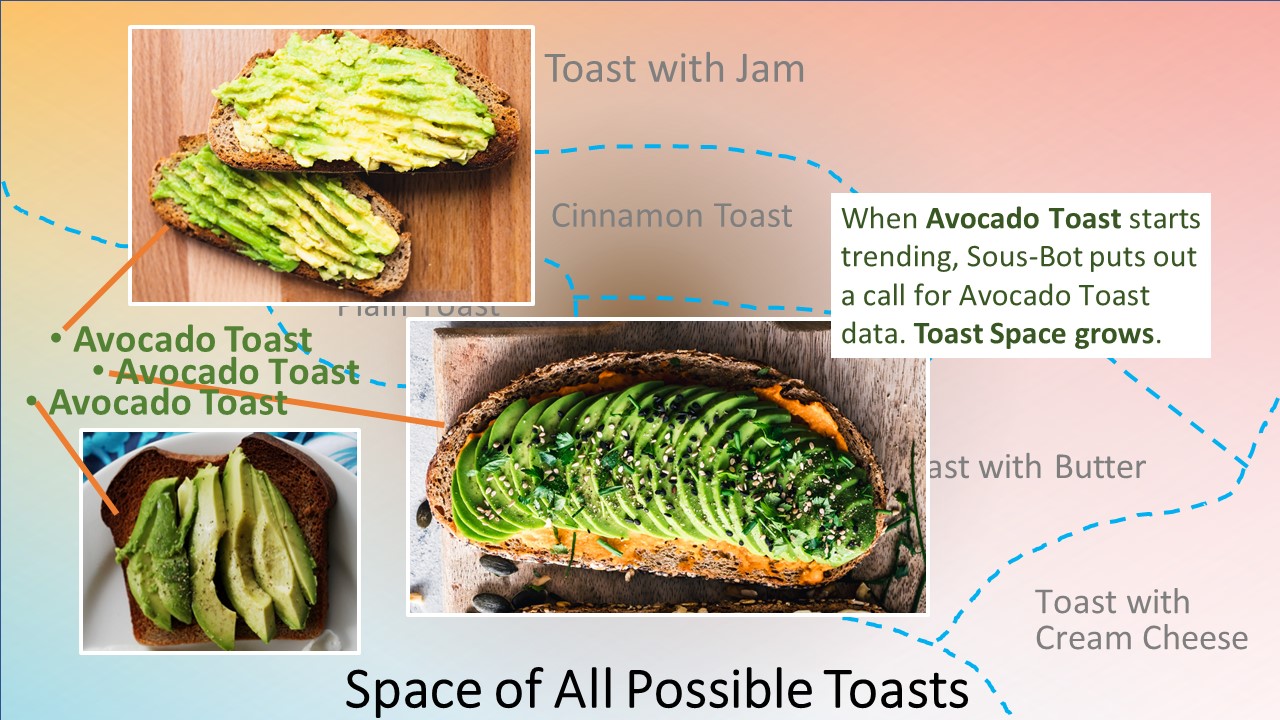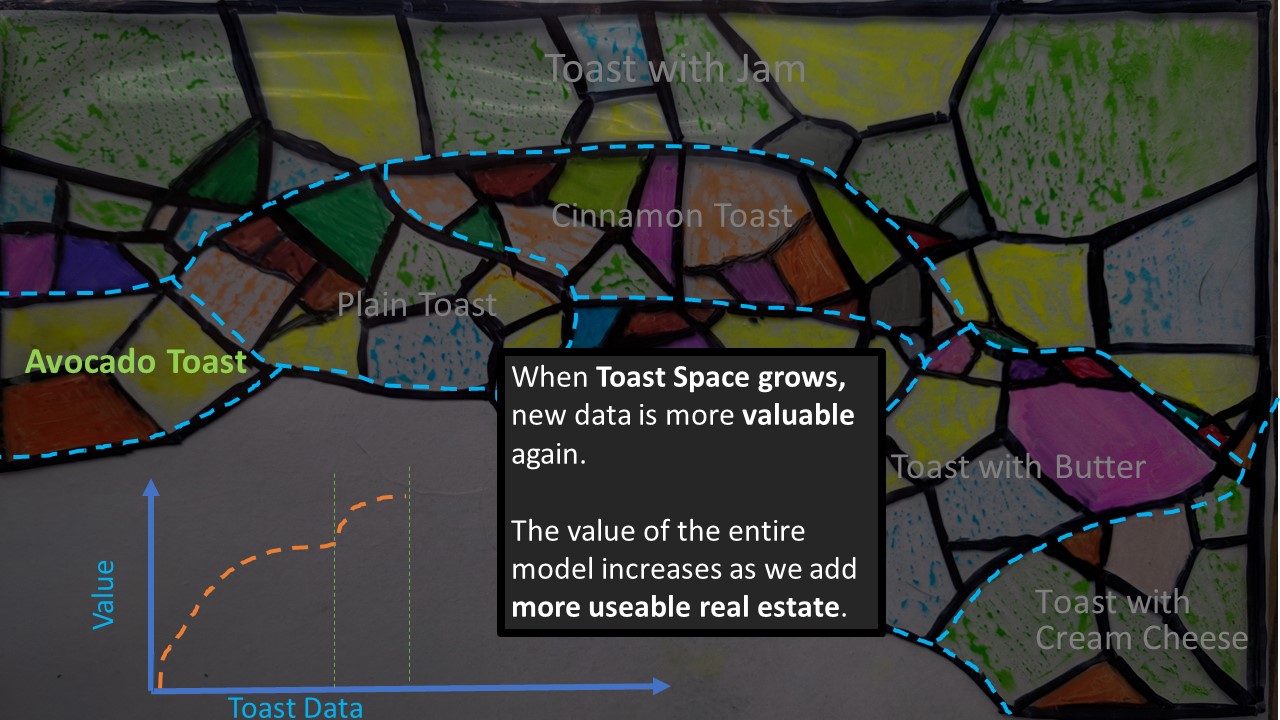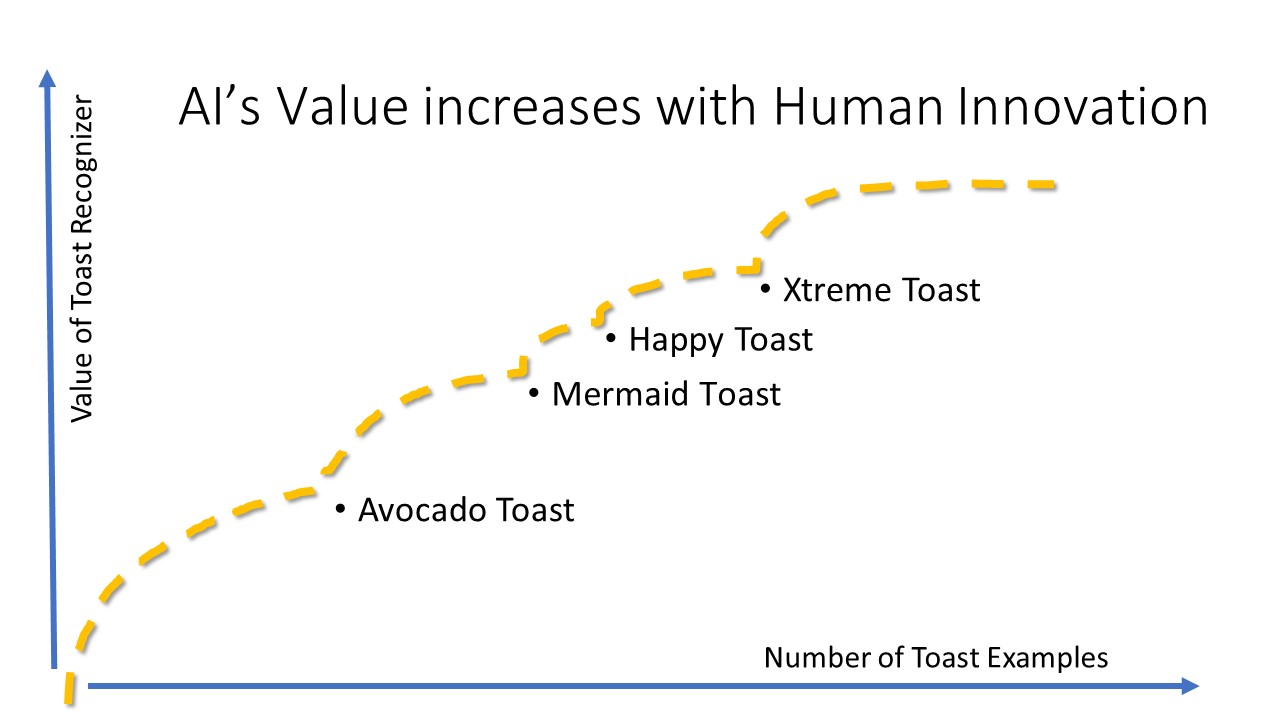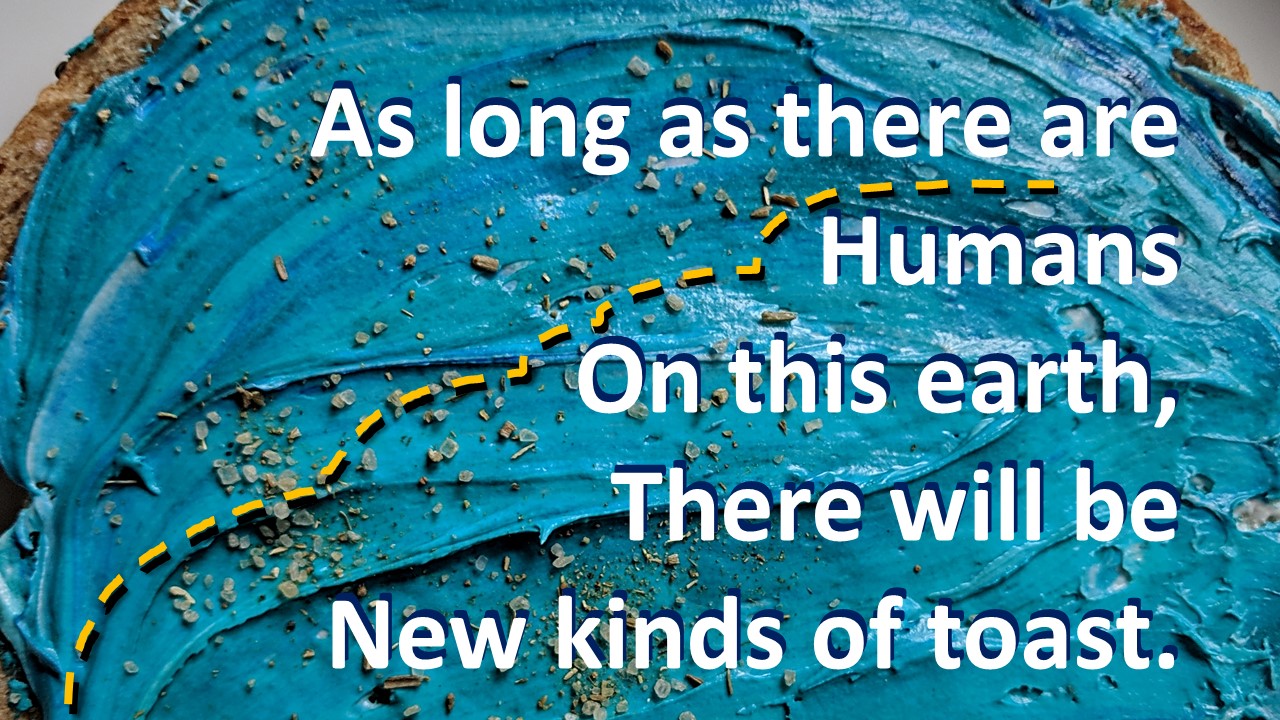Data is one of the most valuable resources in the world today. Right now, the ability to sell data is gated in a lopsided, artificially-limited market. Most people are unable to take any economic actions around their data, while it is collected and sold often without their knowledge or permission. In other cases global human labor, through systems such as Amazon Mechanical Turk, powers silicon valley technology while remaining hidden from the public eye. In all cases, the public perception of technology and the lack of choice in systems (Google, Facebook, etc) causes both the public and industry to undervalue individual’s data.
This talk re-imagines how people can control how their data is used and by whom, how data creators of all kinds can unionize, and how all this activity will grow the data labor market, for the benefit both of individuals and of technology that cannot exist without quantities of high-quality data.
In September 2019, Jaron Lanier published an op-ed video series about this topic.
References
We draw our inspiration from our work with Jaron Lanier. The data dignity concept is first described in his book “Who Owns the Future”, which explains both the problems surrounding current data practices and proposes the solution we are following up on with our work.
There is a chapter on “Data as Labor” in “Radical Markets” by Eric Posner and Glen Weyl.
Recently published essential reading is: “Ghost Work: How to Stop Silicon Valley from Building a New Global Underclass” by Mary Gray and Siddarth Suri.
If you have access to the Harvard Business Review, also see “A Blueprint for a Better Digital Society” by Jaron Lanier and Glen Weyl.
While there’s not much free public information written on the subject at the moment, there’s a good overview on the Streamr blog in the post “How To Crowdsell Your Information Through A Data Union“
We’ll be writing and sharing more about these concepts so keep an eye on our blog!
RadicalxChange Talk Video
We gave a talk on Data Dignity at the RadicalxChange conference, Detroit, March 2019. Here’s the slides for one section of the talk:




